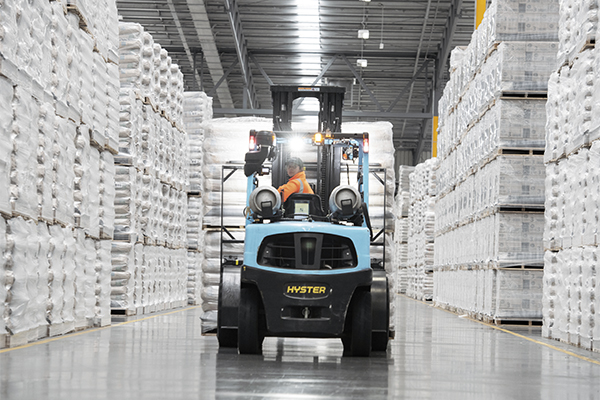Finalist
With talent recruitment and retention among its biggest priorities, fast-growing dairy-processing company Synlait Milk created an enhanced Mātua (Parental) Leave Policy that gives extra help to new parents juggling the demands of family and career.
In its first 10 years, Synlait Milk has grown from 100 to more than 1000 employees, operating around-the-clock across seven locations, with revenue increasing from $110 million to over $1 billion.

Synlait’s Senior Human Resource Business Partner Rachael Paahi says that growth has been achieved because the company’s people are prepared to go above and beyond. “Making sure we retain them, and attract more incredible talent, is one of our biggest priorities.”
To help attract and keep staff, it promotes a culture of flexibility, helping people balance their work and out-of-work commitments. It also has a Diversity & Inclusion Policy that sets goals such as having more women in leadership positions and closing the gender pay gap.
Its Mātua (Parental) Leave Policy, applying to all Synlait employees with babies born or adopted on or after 1 May 2019, is one important new way in which the company is following through on its objectives.
Under the policy, the company tops up the primary caregiver’s government-paid parental leave to full salary for 26 weeks. It gives partners two weeks of paid leave (on top of annual leave) and continues KiwiSaver contributions, annual leave accrual and annual pay reviews for employees who are on parental leave.
It also helps people on parental leave stay as connected to Synlait as they wish, and make it easier for them to return by helping with the cost of childcare, paying up to $154 per week per child if the primary caregiver returns to work for at least 20 hours a week until the child is eligible for the government subsidy, which currently kicks in at three years.
Managers work with staff coming back from parental leave so that their return to work is carefully structured with flexible working.
To formulate the Mātua Policy, Synlait surveyed its staff and reviewed research. It found staff worried about the drop in income involved in standard parental leave, wanted more flexible work arrangements and feared the cost of childcare would affect their return to work.
Synlait’s Diversity Committee and its Human Resources Diversity and Inclusion lead helped calculate the policy’s cost and benefits. Backed by the board and executive leadership team, it was launched at an all-staff meeting and through a range of communication channels. The uptake was instantaneous, with requests for childcare payments lodged immediately.

“We are enormously proud of it,” says Rachael Paahi.
The policy was championed in particular by board member Ruth Richardson, a former Finance Minister who had a baby in 1983, while an MP, igniting debate over childcare facilities in Parliament. “This policy allows us to be a relevant and respected company that attracts top tier talent,” she says.
Company CEO Leon Clement – himself a father of two – is another champion of the policy ensuring it is highly visible throughout the business.
Synlait’s annual Diversity & Inclusion Survey will, from this year, measure the success of the policy, but many benefits – in staff retention, loyalty, contentedness and building a culture of kotahitanga (unity) have already been identified.
Since the policy was introduced in May 2019, Synlait has had a lift in employee engagement, a 100 per cent return to work from parental leave, and a narrowing of its gender pay gap. The uptake is double what was expected.
So far, the company has paid out $180,000 in parental leave and $100,000 on partners’ leave and spent $44,500 on childcare across 15 families.
“New Zealand is one of the worst countries in the developed world for paid parental leave,” says Rachael. “Synlait is proud to be doing our bit to address this.”
Being able to stay home on full salary was “a gamechanger,” says one staff member with a six-month-old baby. “I feel like a valued employee that Synlait wants to retain.”
The feedback has been 100 per cent positive, says Rachael, “and while there is a significant cost, the benefits are priceless.”


